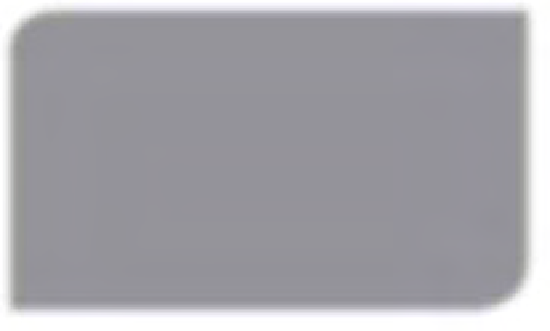Travel Reference
In-Depth Information
When you are happy with your CV, you may wish to
review it by answering the following questions:
•
Details of education and qualifi cations;
•
Previous employment history - where, when, duties
•
Does it look good? Is it well laid out, with a
performed, reason for leaving, etc;
professional appearance?
•
Reasons why you have applied for the job;
•
Will the fi rst half-page immediately gain the reader's
•
Interests;
interest?
•
Contact details of referees.
•
Does it include all your vital selling points?
•
Are the benefi ts of your achievements noted?
Letters of application
•
Are there any discussion openers for interviews?
Whether you are sending a CV or completing an
application form for a job, you need to include a
covering letter. A typical letter would include the
following information:
•
If it is more than two pages, will the reader's effort
be rewarded?
•
Is the contact information clear?
•
Why you are applying for the job;
It may be sensible at this stage to show your CV to a
friend or colleague to see if they agree that it does you
justice.
•
What contribution you could make to the
organisation;
•
Your skills and achievements you consider to be
Activity 6.11
relevant to the post;
•
The capabilities you have developed through
Based on the information given above, write your
own CV to keep on your computer. You can see some
examples of actual CVs on the Prospects website
(
www.prospects.ac.uk
)
education, training and leisure activities.
In writing you letter you should be positive at all
times and include 'action' words such as achieved,
introduced, set up, established, fi nished, developed,
planned, completed, created and reorganised. These
can also be included in your CV and any application
forms you complete.
This activity is designed to provide evidence for
P5 and M2.
It goes without saying that your letter should not include
spelling mistakes or grammatical errors! It should be
to the point, look uncluttered and be presented in a
professional manner. Unless requested to apply in your
own handwriting, it is usual to write your letter on a
computer and save it for future use. An example of a
letter of application for a job in a tourist information
centre is shown in Figure 6.5.
Application forms
Completing an application form is a common way for
an individual to apply for a job. You may be asked to
complete it in your own handwriting and post it to the
organisation before the closing date, fi ll in a Word
document on your computer and e-mail it or complete
an online application form, for which you will normally
be sent an e-mail acknowledgment of receipt. Like a CV,
application forms are normally divided into separate
sections, as follows:
Interview skills
An interview is the most commonly-used selection
technique in travel and tourism recruitment. It gives an
employer the opportunity to assess whether a candidate
will fi t in well with the organisation and meet the
•
Details of the applicant - name, address, telephone
number, e-mail address, etc;
•
Name and reference of the post being applied for;










































































































































